How AI Could Reshape the Labor Market
According to IMF's First Deputy Managing Director, Gita Gopinath, the widespread adoption of AI may speed up during a recession, potentially impacting the job market. Despite concerns over AI-driven mass layoffs since OpenAI's ChatGPT launch in 2022, the robust economy has reduced these effects as best as possible.
Key Points:
Job Market Influence: Gopinath asserts that AI's impact on the labor market will become pronounced during a recession, as companies resort to automation to cut costs. "When you have good times, and companies are making lots of profits, they hold on to workers," Gopinath asserts.
Jobless Recovery: Economists warn of a "jobless recovery," where some jobs lost during the recession may never return, as seen after the Great Recession.
Impact on Jobs: A Goldman Sachs report estimates AI could affect 300 million jobs in the U.S. and Europe, with 25-50% of the working population being potentially automated.
Productivity Gains: AI promises productivity growth, with estimates hypothesizing a 0.7% increase in the U.S. over 10 years.
Gopinath cautions the population that the delayed impact of AI on the labor market should also be considered in this current climate. Policymakers must prepare for an "abrupt shift" during a potential recession. However, AI-driven productivity growth can also boost the global economy's growth rate. The IMF projects global GDP growth of 3.1% over the next five years, with AI potentially contributing 80 basis points.

